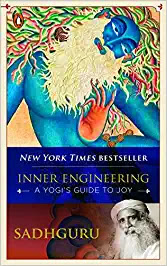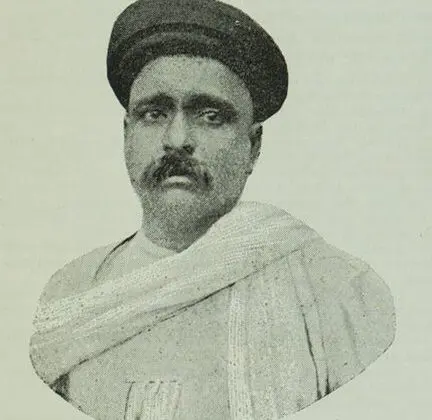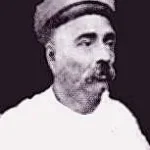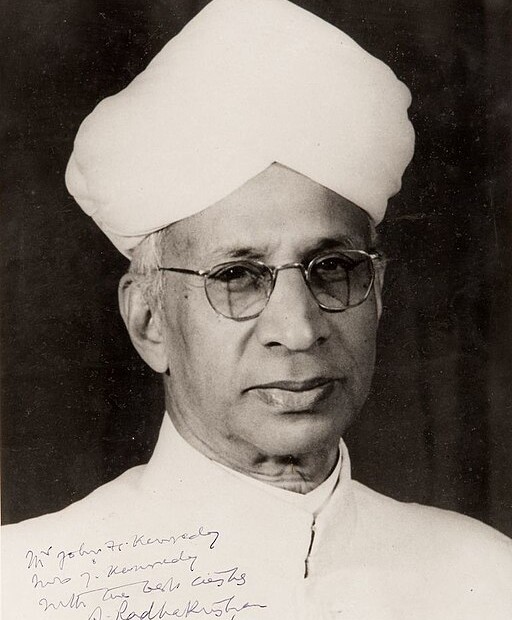Sadhguru quotes talks about life, nature and human development that engineer inner soul. Thousands of devotees visits his yoga centre, including celebrities worldwide.
Therefore, he is a source of Inspiration from his experiences and are great learning to human being. His book, Inner Engineering was bestseller in 2016
If you ask a tree how he feels to know that he’s spreading his fragrance and making people happy, I don’t think a tree looks at it that way. I am just like that, and it is just my nature to be like this.
Sadhguru
Sadhguru is a man of the Holy liveliness that actively takes part in the well-being of humans and God’s creation. Sadhguru quotes are very famous.
A tremendous knowledgeable person in spirituality, Religion, Social, Education, Environment, and Culture of India. He currently lives in South India, Velliangiri Mountains, Kerala. He founded his Ashram called Isha foundation in 1994. Mr. Jaggi Vasudev, official name, one of the Yogis from India frequently being asked and invited for forums on culture, politics, and many other things. Apart from this, he is a New York Times bestselling authors 2016 for Inner Engineering. He is a New York Times bestselling authors 2016
His inclination toward spiritual life was brought up on Chamundi hills in 1982, and he received Padmavibhushan award from the government of India in 2017 Much business leadership, celebrities, and Indian teams have visited Jaggu’s ashram to learn yoga. The spiritual leader, Sadhguru has also taught yoga to prisoners of south India in Palayamkottai central prisons in Coimbatore. The name of the program was “Inner Freedom for the Imprisoned” They were conducted in three batches, 40 imprisoned in one batch.
Furthermore, it was for four hours early in the morning. Mr. S N Rajan, superintendent of the jail has appreciated the effort and changes brought in the prisoners. The crew of the prisons also observed the changes among them. Overall, the program brought many positive changes including Freedom, Joy, Love, and Peace. The program had completely transformed their lives, the staff also stated that Yoga raised their confidence and patience level. For Sadhguru it was a very positive and emerging life’s journey booster session in 1998.
The Isha foundation not only had conducted such programs, not only in India but other countries also. However, the Ashram has made international history by making a presence in the USA in 1996 conducting the classes for Yoga. He aims to bring the changes in normal lives, society and keep the ancient culture of India alive.
Isha institute organizes gatherings with Sadhguru, and it leads to meditation and question and answers programs among the young generation, with his fine and easy to understand examples, he spreads his knowledge. Whatever the answers given are always true and valid. Those conversations based on culture, politics, and other subjects of the country and for a statewide better purpose.
He has taken many initiatives for India, it has been effective and the Indian government has signed the draft of his proposal for many states. His other projects such as Greenhands, Action for Rural Rejuvenation and Isha Vidhya are well-known for his contribution in India. He has promised tree planting in urban areas. It has been noted that in 2015 the Isha Foundation has planted 25 million trees and is still counting.
How deeply you can touch another life is how rich your life is.
Sadhguru
Isha foundation had started Action for Rural Rejuvenation through the team of Isha transforming poor lives into better health care. As well as, revitalizing villagers with good prospects with education, overcoming the complex challenges of the farmers and their children. In South India, almost, 7500 villages have been covered to date 11.3 million impacted people, and almost 5.2 million patients treated.
More than 400 toilets have been constructed and a total of 92 thousand residents now know complete Yoga in many south-central states of India. His speeches bring the power in ordinary man, he has almost 4.56M followers on YouTube 2.5M on Twitter. He has also participated in Rally for Rivers. In 2017 as the world’s biggest ecological movement today which is supported by above 160 million people. The aim behind this rally was to repair depleted rivers of 9300 km to overcome the problems of water shortage in the country. And planting the trees on the bank of rivers in every possible way. Most of the states of India have sanctioned the proposal draft for Sadhguru, Narendra Modi and his supporters are working on this project.
Do not try to fix whatever comes in your life. Fix yourself in such a way that whatever comes you will be fine.
Sadhguru


























